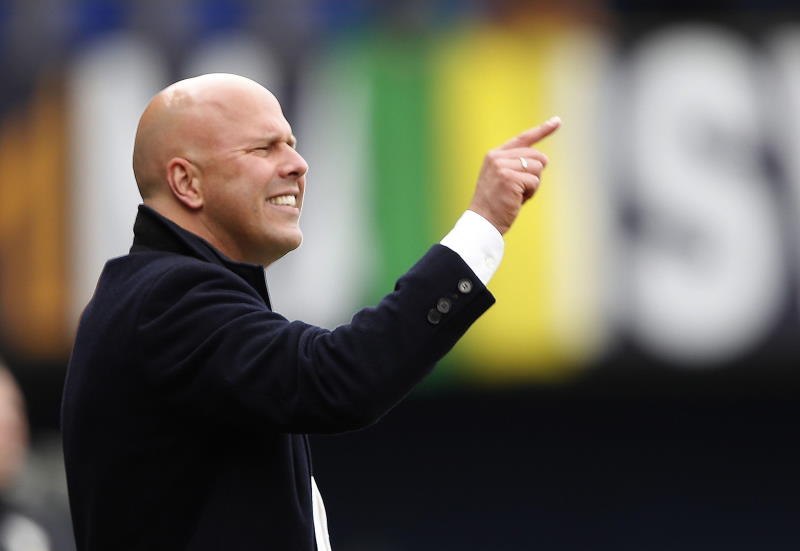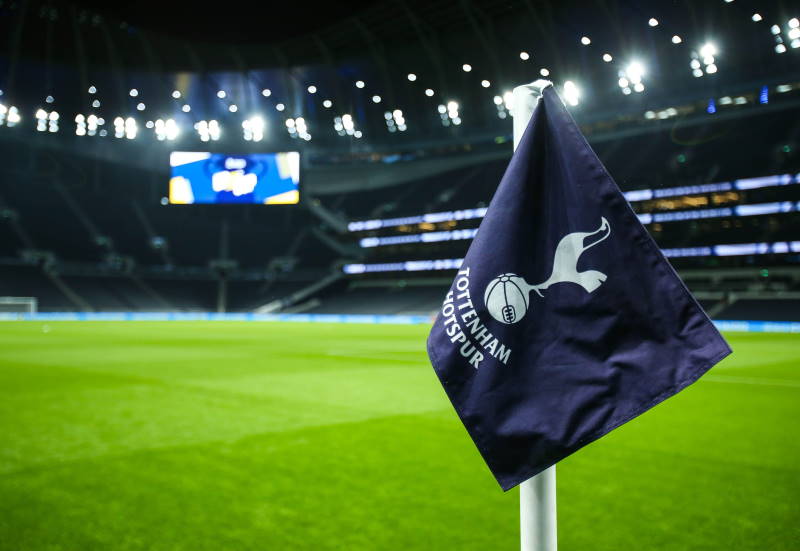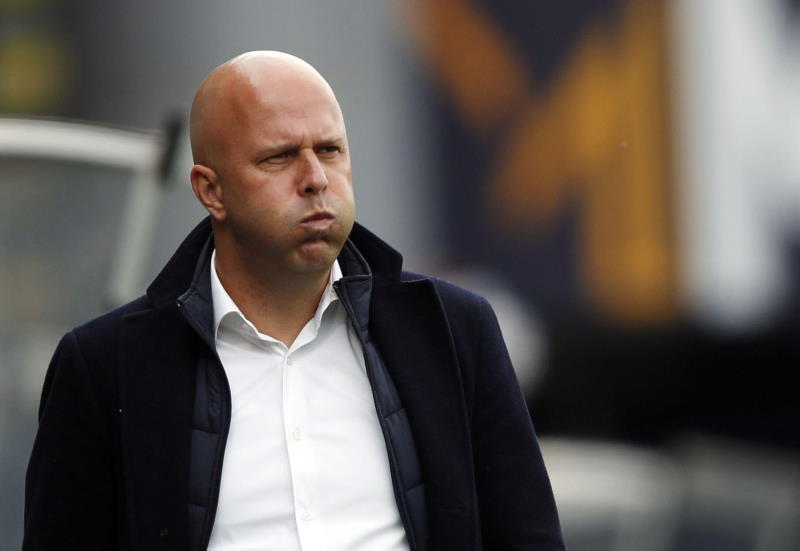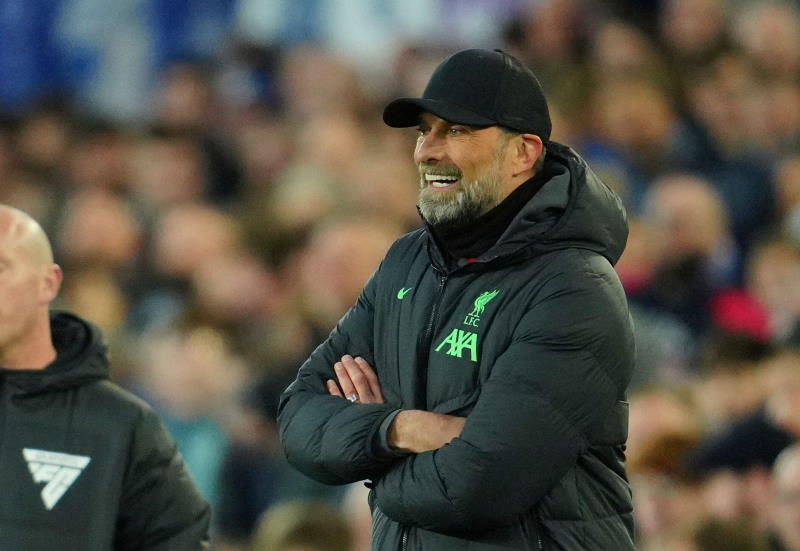
There can be no team in world football that plays the role of David better than Liechtenstein. Not only are the likes of Spain, England, Germany, and Italy considered Goliaths when compared to the tiny principality, but even Luxembourg dwarfs Liechtenstein with 16 times the size of country and 14 times the population.
It is interesting then to consider that the Liechtenstein national team has been able to conjure up some amazing results in the past decade, results that defy the numbers that work against them.
Perhaps the most memorable occurred back on 9th October 2004, when playing at home, Liechtenstein produced one of the all-time most memorable shocks in European football as they drew 2-2 with Portugal in a 2006 World Cup qualifier. The Portuguese had been two goals to the good and included the likes of Cristiano Ronaldo and Ricardo Carvalho in their side. That was not enough however, as two second half strikes gave Liechtenstein an unfathomable draw. The point was the country’s first ever in World Cup qualifying after 20 defeats in a row and a goals scored/goals against record of 4-84.
 Liechtenstein
Liechtenstein
Population: 35,000
Capital: Vaduz
Area: 160 sq. km²
Early Struggles
Liechtenstein have not always enjoyed these sort of results though, and since the Liechtenstein Football Association (LFV) joined both UEFA and FIFA in 1974, the path to international recognition has been extremely difficult to navigate.
The team’s first official match was in 1983 against Switzerland, and ended with a 1-0 defeat. That was considered a fantastic result, but progress was slow and at times painful. The Alpine principality first featured in a qualifying competition for the 1996 European Championships, and though Liechtenstein lost nine of their ten matches and had a goal difference of minus 39, there were some relative successes, including a goal scored against Northern Ireland and a fantastic point at home against the Republic of Ireland (0-0).
There was little to be cheerful about when qualifying for the 1998 World Cup occurred though as Liechtenstein suffered 10 consecutive defeats and despite scoring three goals, conceded 52. The team were certainly going through some growing pains, but on their day could present a challenge to mid-level sides. Still, defeats of 11-1 to Macedonia, and 8-0, 8-1 both against Romania showed the gap in quality between Liechtenstein and the rest of Europe was great.
Better Days
Things began to improve when qualification for Euro 2000 came around and though Liechtenstein were still on the receiving ends of some heavy defeats, the Liechtensteiner also managed to win their first ever competitive fixture, downing Azerbaijan 2-1 in Vaduz in October 1998, and less than a year later managed to draw 0-0 with Hungary.
The qualifying campaigns for the 2002 World Cup and Euro 2004 may not have been spectacular even by Liechtenstein’s modest standards, but the landlocked country were able to limit their defeats to less than three goals a game on average.
Their real breakthrough came during 2006 World Cup qualifying however, a competition that sparked the golden era for the game in Liechtenstein. Not only did Liechtenstein shock everyone with the draw against Portugal, but the side were also able to win twice against Luxembourg and draw with Slovakia. Two wins, two draws, and eight losses was the team’s return including 13 goals scored and 23 conceded.
Since then, Liechtenstein have kept up their good performances with two wins in Euro 2008 qualifying (against Iceland and Latvia) and two draws in 2010 World Cup qualifying.
Currently, the Liechtensteiner are in Group I of the Euro 2012 qualifiers and despite losing all three matches thus far against Spain, Czech Republic, and Scotland, have only conceded more than two goals to world champions Spain. In fact, the team were extremely unlucky not to have claimed a point against Scotland in September, with a goal seven minutes into injury time giving the Scots a 2-1 win they hardly deserved at Hampden Park in Glasgow.
Playing Away
Liechtenstein have just 1,900 registered footballers in the principality, which means that roughly one in 19 citizens play the game officially. There is no professional league in Liechtenstein for the seven senior clubs the Alpine country boasts; all these teams play in the Swiss League system. Of those seven, FC Vaduz are by far the most successful with the club becoming the first Liechtenstein-based team to break into the Swiss professional tier with their promotion to the second division, known as the Challenge League in 2001. For the 2008/09 season, Vaduz were even able to win promotion to the Swiss Super League, although they swiftly were relegated. The Residenzler have been able to solidify their status in the Challenge League though and feature many of Liechtenstein’s national team players as well as several Swiss and two Brazilians.
All of the clubs in the country participate in the Liechtenstein Football Cup, a knockout tournament that produces the principality’s participant for the Europa League. FC Vaduz, unsurprisingly as the only bona fide professional team in the country, have won the most cups with 39, including a streak that currently stands at 13. Vaduz’s performances in Europe have been decent for the most part, with the club regularly advancing a qualifying round or two in the Europa League. In 2002, the Residenzler narrowly missed out on being in the UEFA Cup draw proper, losing to Scottish side Livingston on away goals; having a winning goal ruled out as the referee blew his whistle when the ball headed goalwards.
There have been a number of players who have found success in Europe, such as Martin Stocklasa, the reigning Liechtenstein Footballer of the Year, who currently turns out for Austrian Bundesliga side SV Reid. Naturally, there have been many players over the years who have played for Swiss clubs, currently young talent Sandro Weiser is at champions FC Basel and Martin Buchel plays for FC Zurich.
The biggest star Liechtenstein have produced however, is undoubtedly Mario Frick. The 36-year-old striker is the country’s most capped player (96) and top goalscorer (15) and played in Italy for nearly a decade, including time in Serie A with Verona and Siena. Frick has scored nearly 200 club goals in a career which has spanned three countries (Liechtenstein, Switzerland, and Italy) and nearly 20 years. His goals at the national team level will surely go down in history as extremely important to Liechtenstein’s development as a footballing nation. Frick has been his country’s main attacking threat since his international debut in 1993 and has scored against the likes of Germany, Sweden, Romania, and Scotland. And even now he is looked to, with fans hoping he can squeeze some magic from his ageing legs.
International Recognition
The game in Liechtenstein has clearly been limited by the country’s size and population, but that has not kept football development stagnant, rather the sport has improved at all levels in the last quarter of a century. And it is not only the increasingly positive results of the national team where the improvement can be seen.
Liechtenstein have also shown they can host international competitions too. Recently, the principality played host to the 2010 Under-17 European Championships and were widely praised for their performance as hosts. Though accommodation in the country does not include big hotels, each of the participating eight teams had their own base and England coach John Peacock couldn’t hide his delight at the beauty of the country or the fact that “we can get to the training pitch in five minutes and to the ground in five to ten minutes.” Liechtenstein fans also turned out in big numbers, relatively speaking, with the tournament averaging 1,000 spectators per match. This was the second time Liechtenstein have hosted a tournament like this, the first coming in 2003 for the Under-19 European Championships.
In print, the team and country for that matter have been written about by English journalist Charlie Connelly who felt compelled to document the team’s journey through their qualifiers for the 2002 World Cup in his book Stamping Grounds, Liechtenstein’s Quest for the World Cup. It is an informative and humorous travelogue of Liechtenstein and an ultimately inspiring portrayal of a national team, one of the smallest in world football, and their qualifying adventure. And recently, the team’s Euro 2008 qualifying campaign was made into a movie called Kicken fur die Krone.
Liechtenstein have achieved respect and a certain degree of fame thanks to their footballing exploits. Though they may not take part in a major tournament in the near future, the success of the country’s national team and the growth the game has seen in the country in the 1990s and new millennium is a sign that David can still make an impact even in the Goliath-filled world of European football.













